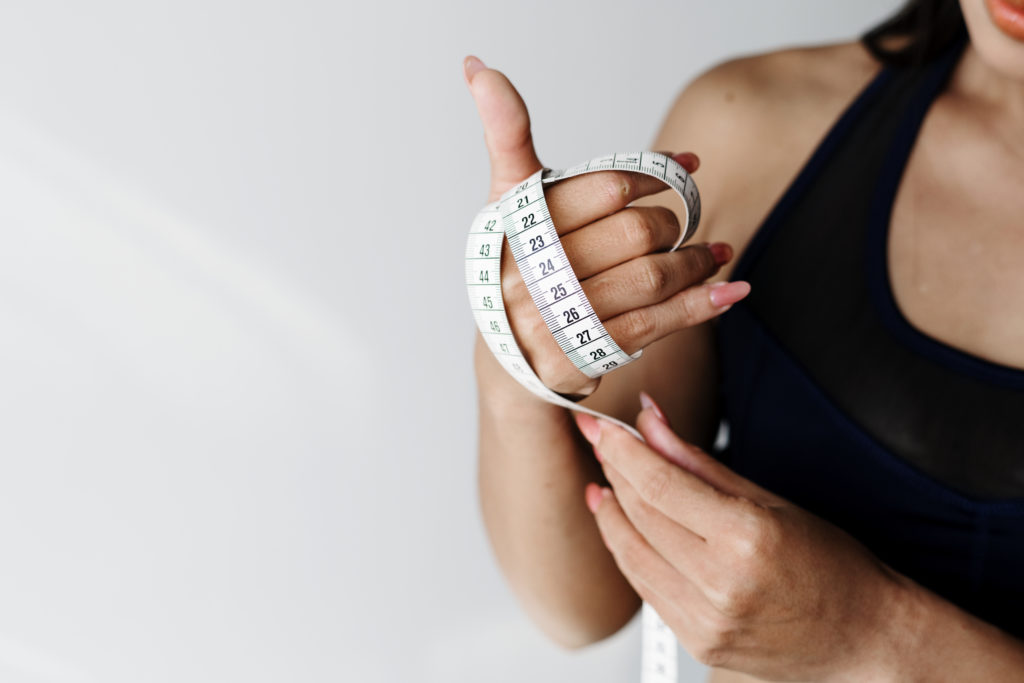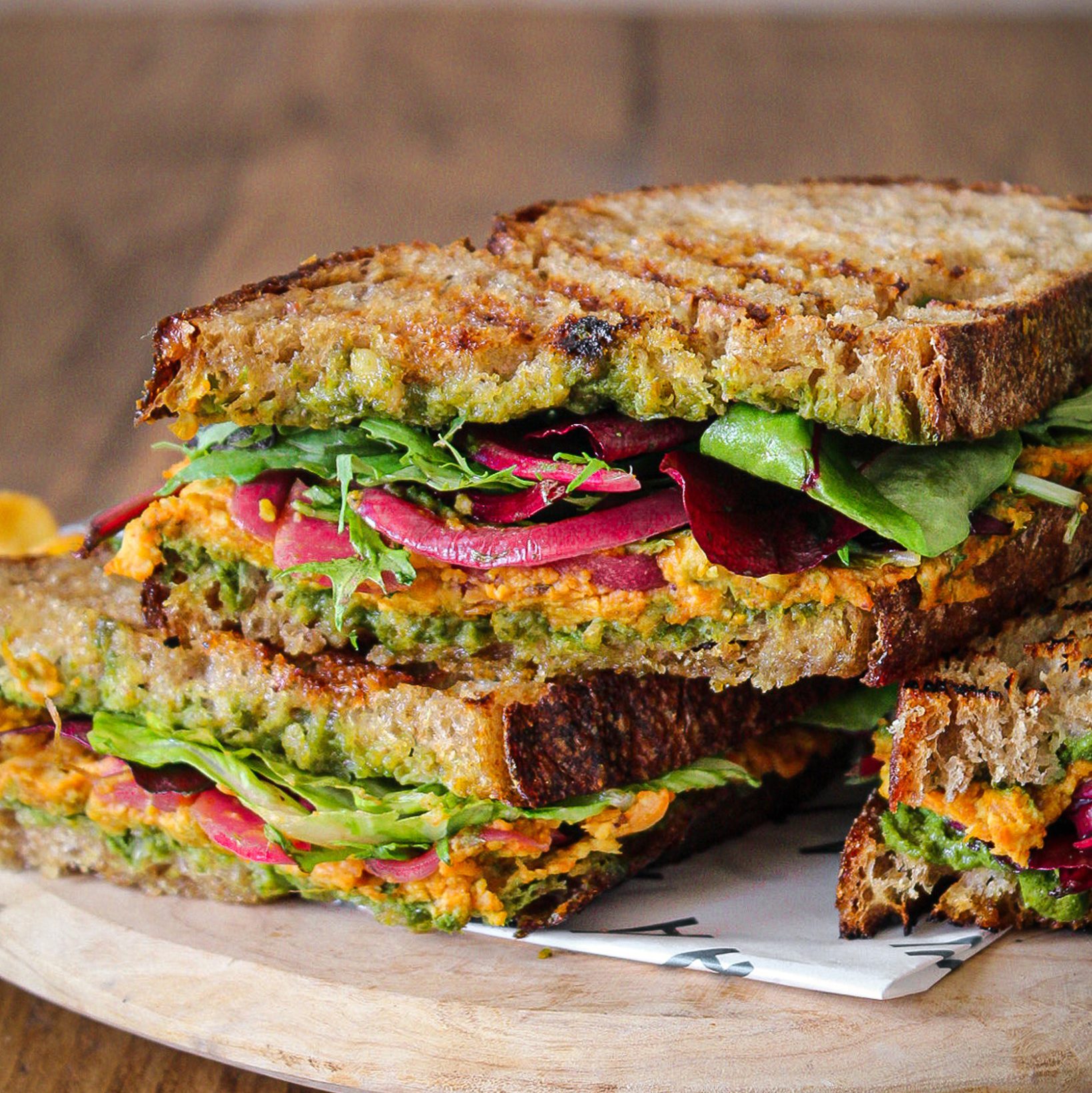How to have a positive relationship with food
TWEET THIS
Did you know that 61% of adults feel negative about their body image while 53% report that lockdown made them feel worse about their appearance? But we don’t have to feel like this… Click To TweetDiet culture is a pervasive part of modern society. According to a survey by the UK Parliament in 2020, 61% of adults feel negative about their body image while 53% report that lockdown made them feel worse about their appearance. It is estimated that approximately 1.25 million people in the UK have an eating disorder. This number has been rising sharply with reports at the start of 2020 stating that hospital admissions increased by 37% in the past 2 years.
Despite this, the UK government recently confirmed that it will be going ahead with plans to make calorie counts mandatory on restaurant menus from April 2022. This arises in an attempt to tackle obesity in the UK which is now thought to be linked to an increased risk of contracting COVID-19 among other serious health issues. Almost two-thirds of the UK population is overweight or obese and with statistics like these, it is no surprise that the government wants to take action.

After the year we’ve all had, health is of course a top priority for everyone right now, but is enforced calorie counting the way forward? Not only has it been proven ineffective but it is also highly dangerous for those struggling with eating disorders, disordered eating, or even orthorexia*. And for those who are relatively healthy and looking to treat themselves or celebrate with a moment of indulgence, eating out may no longer be the enjoyable, guilt-free experience we all look forward to. What these statistics show us is that the issue isn’t really about eating too many or too few calories but rather our complicated relationship with body image and food. So how can we achieve balance?
*Orthorexia is an unhealthy focus on eating in a healthy way. Eating nutritious food is good, but if you have orthorexia, you obsess about it to a degree that can damage your overall well-being. Steven Bratman, MD, a California doctor, coined the term in 1996.
We know fad diets don’t work. Calorie counting and restrictive eating has been proven to be ineffective in the long-term with two-thirds of people regaining any weight they’ve lost within 1-5 years. If you’ve tried one for yourself, you’ve probably experienced this first hand. But an emerging concept called ‘set point theory’ might explain why this happens. According to this theory, our bodies have a natural, pre-determined weight range that adjusts as we age. When we attempt to alter our weight outside this range by dieting, our hypothalamus, the part of the brain that helps to regulate our hormones and metabolism, kicks into defense mode. Depending on whether we are attempting to lose or gain weight, our metabolism adjusts to conserve or use more calories. Our levels of ghrelin ‘the hunger hormone’ and leptin ‘the satiety hormone’ also adjust, in an attempt to get us to eat more (or less) in order to shift us back to our set point weight.

While further research is required to determine the validity of this theory, its popularity continues to grow, particularly as more people are rejecting diet culture in favour of intuitive eating lifestyles. Intuitive eating is a philosophy that encourages us to reject diet mentality and to instead become more in tune with our hunger and satiety cues. There is no restriction on the type of food you eat but rather a more holistic approach that relies on the individual to determine what their body is craving at any given time. One popular fitness Youtuber and Biomedical Scientist, Stephanie Buttermore, Ph.D., tried this out for herself and went viral last summer with her ‘all-in’ diet, an attempt to reset her hunger cues and settle into her own natural set point weight, with interesting results. While this might be seen as an extreme way to re-learn your relationship with food, ditching the calorie counting is a great place to start. Here at Veo, we know that not all calories are created equal so instead, we’re focused on fuelling our bodies with the very best. All our food is plant-based and free from refined or artificial sugar that is actually known to spike our ghrelin (hunger) levels, sending us out of balance. Here are a few ways to incorporate healthier eating habits into your lifestyle:

- Try a flexitarian diet – For anyone who has previously struggled with restrictive dieting, this method allows for more balanced eating without completely cutting anything out from your diet. If you’re interested in adding a few meat-free meals to your week, check out our range of delicious meat alternatives.
- Incorporate more superfoods into your diet – With high vitamin and mineral content, these foods can naturally help your body to fight off disease, increase energy levels and promote overall better health and wellbeing. Check out our high-quality range of superfoods here!
- Boost your diet with supplements – In a perfect world we’d always eat the right amount of fruit and veg, drink the right amount of water and get the right amount of sleep but sometimes we just need that extra vitamin boost. Discover our range of plant-based vitamins and supplements here!
It’s time to break up with diet culture. Changing your relationship with food, paying attention to your hunger and satiety cues, and fuelling your body adequately to support optimal function, will help you stay healthy no matter what the scale or calorie tracker says. Click here to discover more of the delicious and nutritious food we have here on Veo.